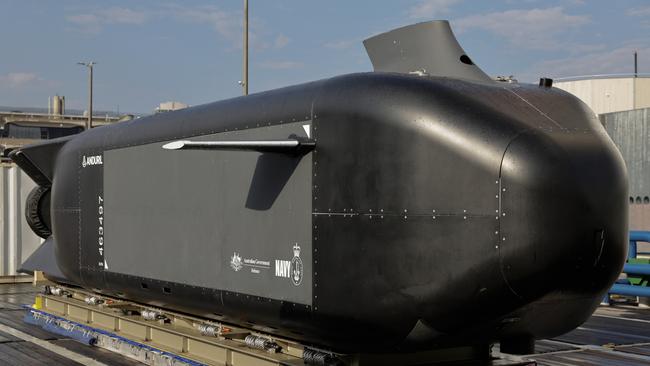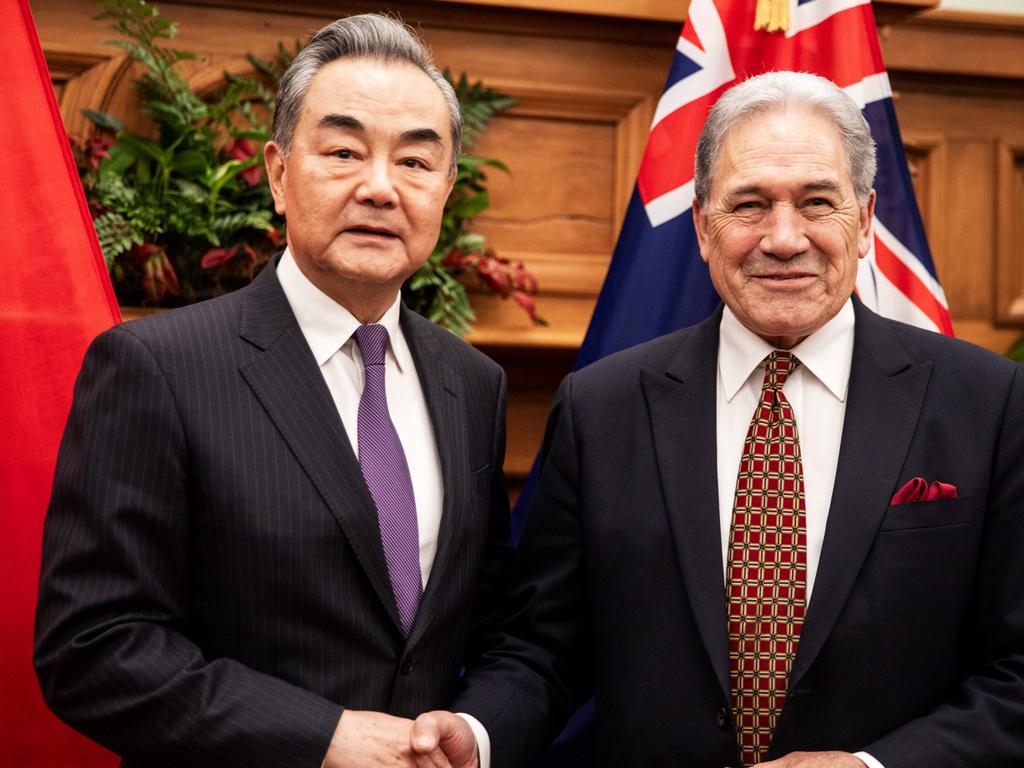Australian firms ‘at risk’ under AUKUS, report warns
Australia’s defence sector risks being ‘crushed’ by AUKUS unless the federal government dramatically lifts R&D funding and throws its support behind domestic players, study finds.

Australia’s defence sector risks being “crushed” by AUKUS unless the federal government dramatically lifts R&D funding and throws its support behind the industry’s small and medium enterprises.
The Australian Strategic Policy Institute study on AUKUS’s “Pillar 2” advanced technology partnership says the agreement is full of promise but major reforms will be needed to help Australian firms compete against cashed-up US rivals.
The paper comes as the Australian Industry Group warns that new military secrets laws will devastate the sector by requiring former Defence personnel to seek ministerial approval before working for companies controlled by non-Five Eyes governments.
AiGroup chief executive Innes Willox said the law was an “unguided missile” fired at the nation’s defence industry, affecting foreign-owned companies and Australian companies that exported to foreign buyers.
AUKUS Pillar 2 will focus on autonomy and artificial intelligence, cyber and quantum technologies, undersea capabilities, hypersonics, electronic warfare and deep space radar.
The ASPI paper says benefits of the partnership “are far from assured”, highlighting a huge gap in research and development funding levels in Australia and the US.
Australia’s Defence Science and Technology Group was allocated just 5 per cent of the department’s acquisition budget in 2023-24, while early-stage R&D was slated to consume nearly 40 per cent of US procurement funding in the same period.
The report says public funding of early stage R&D is the biggest factor in US success and “the most glaring gap in Australia’s defence industrial strategy”.
US firms are also heavily subsidised through at least 10 different government support programs and are better positioned to navigate the complex US acquisition system than their Australian counterparts, it says.
“AUKUS provides both opportunity and challenge. The competition that it unleashes could bring Australia’s defence industry to the forefront or it could crush the industry under the weight of the globe’s biggest player,” the report says.

Led by former Defence economist George Henneke with input from 170 Australian defence industry players, the paper argues that US firms have more to gain from increased access to Australian contracts than the other way around.
Regulatory reform will need to actively “level the playing field”, not just remove trade barriers, the report says. “The US, the UK and Australia may be close partners, but that partnership is based on fundamentally free-market principles in which the operative force is creative destruction,” it says.
ADF personnel who work for foreign-controlled companies in Australia, like France’s Thales, or Norway’s Kongsberg, will face jail terms of up to 20 years if they fail to secure authorisation first.

The law imposes the requirement on virtually all former Defence personnel including musicians, chaplains and human resources officers.
“Bizarrely, the legislation does not apply to other high level clearance holders, including intelligence agencies, other government departments, ministerial staff, or contractors and consultants,” Mr Willox said.
He said the laws were likely to have a “chilling impact” on defence exporters, which would have to ensure its staff were properly authorised to deliver contracts to foreign governments.
The Ai Group estimates the Australian workforce includes 230,000 current and former ADF personnel, and 70,000 civilians formerly employed in Defence administration.
“Even given the exemptions, the scope of the act’s potential impact is enormous,” Mr Willox said.
“Employers may face difficult choices as to whether to employ a veteran who will have to wait an unknown amount of time for permits, and another candidate who will not.”







To join the conversation, please log in. Don't have an account? Register
Join the conversation, you are commenting as Logout